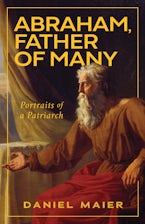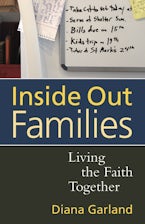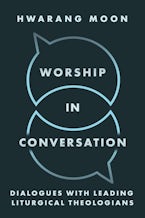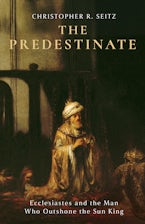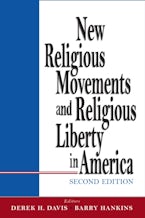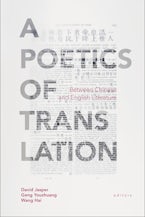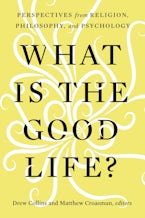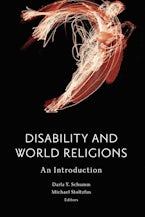Abraham fascinates. As a primeval desert sheik with dazzling character traits, as the father of many peoples and religions, as a migrant with long wanderings through trials and tribulations, as a convert and a sacrificer, as a believer and a doubter—his impact reverberates through the ages into the present. Judaism, Christianity, and Islam all claim him, drawing on different aspects of his figure and facets of his memory for their respective theological ends.
In Abraham, Father of Many, Daniel Maier delves into this storied heritage and the various dimensions of this important patriarch. With a thematic approach, Maier examines Abraham’s multifaceted identity across ancient Judaism, early Christianity, and Islam. A rich tapestry of sources—including the Hebrew Bible, the Dead Sea Scrolls, the New Testament, early Christian apocrypha, and the Quran—illuminates Abraham’s role as a relatable character continually reinterpreted while remaining the archetypal eternal father figure. Rather than a chronological collection of passages, Maier offers engaging and manageable chapters on topics such as the Abrahamic faith, his remarkable friendship with God, different understandings of the controversial binding of his son, his steadfast obedience, and his characteristic happiness, which bring to life the diverse perspectives on the patriarch. This approach provides new insights into the opportunities and challenges of interreligious dialogue and what it means to walk in the footsteps of the primogenitor in the twenty-first century.
Abraham, Father of Many invites readers to explore Abraham’s enduring legacy and encourages a deeper understanding of how this ancient biblical character continues to shape contemporary beliefs and practices. Whether you are a scholar, a student, or simply intrigued by the complexities of religious history, Maier’s captivating portrait offers a rewarding journey into the early reception of Abraham’s story and its profound impact on the three major monotheistic religions.

